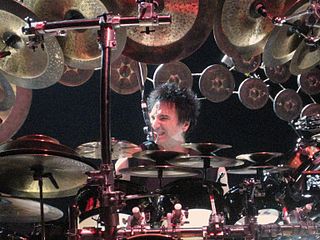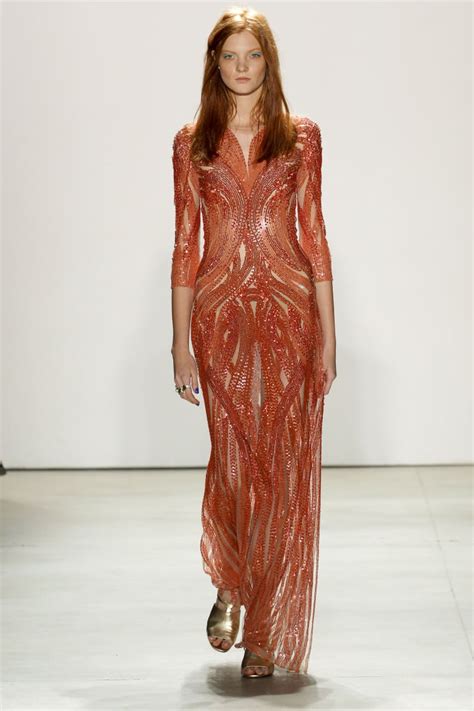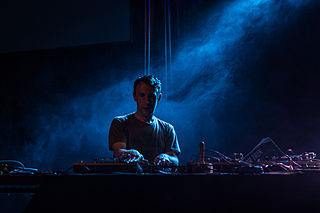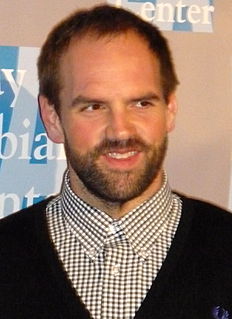A Quote by Carolina Herrera
The '70s were full of creativity. Everybody was so unique. It was a very creative period, and I think to be a designer you have to know a little about art and literature and music because there is inspiration in all of these things. You're looking for beauty but also something that makes sense.
Related Quotes
If you enjoy learning, if you enjoy the curiosity of music and what can be done with it, and stop looking at it as something you have to do because someone says this is what you have to do to be a professional, you know, learn it because you're curious about it and then I think you'll have a much better creative sense and enable this inner voice to come out. These things are not taught and are not encouraged.
I don't know where creativity comes from, but I think everybody has the ability to be creative. I think what's important about creativity starts when you're very young and how we're allowed to experience our imagination. The people who bring us up and teach us are fundamental in either encouraging creativity or discourging creativity. My imagination was always encouraged.
Creativity is just connecting things. When you ask creative people how they did something, they feel a little guilty because they didn't really do it, they just saw something. It seemed obvious to them after a while. That's because they were able to connect experiences they've had and synthesize new things.
When you're a little kid, you just like music that makes you happy and is fun. As you get older, you reach college or your 20s and you decide that music should be challenging and all art should be smart. So you start to think it makes you like high art more to put down things you consider low art. I don't even think things are low art.
I don't really believe in political art. I feel in my heart the purpose of art transcends cultural and class and politics. I think something like the Sistine Chapel is something that goes beyond just being a Christian thing. It transcends its Christianity and becomes sort of a universal beauty. And I think that's true of music and art and literature.
The experience of beauty is in the eye of the beholder, as they say. The artist's relation to the object of beauty, how the art makes that happen, is a whole other subject. Beauty is an event. Beauty is something that happens. There is no such thing as a beautiful object or a beautiful woman. These things do not come near it - the experience of beauty, the event of beauty. The anxiety about it is what makes it such a central concern of culture and makes us so interested in it.
I'm very blessed, mainly because even though my family is mostly in show business, it's really centered around music. My parents were very successful in many ways, but they weren't necessarily top of the charts. We were never wealthy because of music. We always had to work and we always had to struggle a little bit, and I think at the end of the day that's been very good for me, because I have a sense of it being very ephemeral.
The fun part, I will admit this much, there is a period when listening to my music is fun, and that's when I'm making it. There's a tiny little window before something gets old, but after it's come to fruition. There's a little window there where I can listen to a song probably about five times, and I'll really think it's awesome. That's kind of the period that lets me know when I - 99 percent of the time, that period is right about whether a song is going to be a keeper for an album or just a throwaway track that never gets - in that little window.
I think about the period of, like, the '70s and early '80s where nobody had money to make big movies and there was no CGI or anything like that and people had to get super creative. And then, you know, when you've got somebody who can paint you any picture on a computer and you get hundreds of millions of dollars to make a movie, its almost like the creativity diminishes somewhat.





































